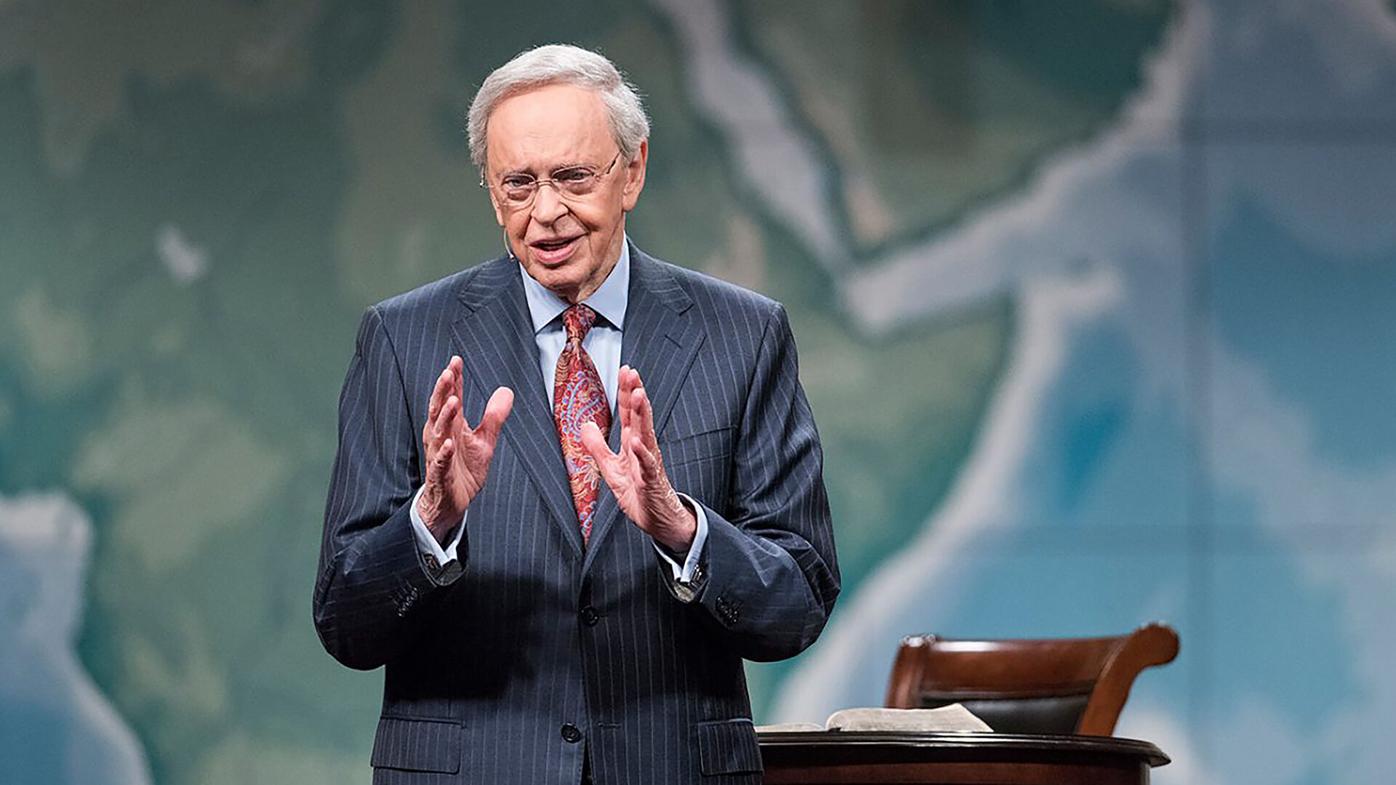In a stunning twist worthy of a dramatic docuseries, a newly dramatized portrayal of Dr. Charles Stanley’s final days has ignited intense debate across the Christian community—casting new light, new questions, and new emotions over the legacy of one of America’s most revered pastors.

Dr. Charles Stanley, longtime leader of First Baptist Atlanta and founder of InTouch Ministries, passed on April 18, 2023, with official statements describing his death as peaceful. But in a fictionalized investigative retelling—created for an upcoming documentary project—writers explore a more turbulent final chapter, one marked by health struggles, emotional wounds, and the hidden pressures carried by a spiritual giant.
The dramatized “autopsy report” within the production introduces a narrative that contradicts the long-held public image of tranquility. Instead, the script imagines a scenario in which Stanley battled escalating complications, symbolic of the unseen burdens endured by leaders who spend their lives pouring into others.
In this creative retelling, viewers see a leader weighed down by more than physical challenges. The drama highlights emotional strain tied to Stanley’s publicly known personal struggles—including a divorce that rocked the evangelical world—raising thematic questions about how spiritual leaders cope with personal pain while the world watches.

For more than half a century, Dr. Stanley was a towering figure in Christian broadcasting, reaching millions through television, radio, and digital platforms. The dramatization does not diminish that legacy; instead, it examines the price of carrying such influence and the emotional isolation that often accompanies public ministry.
The fictionalized project has struck a nerve.
Some viewers say it opens an important conversation about the expectations placed on pastors—who are often perceived as pillars of strength while facing profound private pressures. Others argue that the dramatization risks overshadowing the real-life achievements of a man who shaped countless lives.

But one thing is undeniable:
The conversation surrounding Dr. Stanley’s legacy has evolved.
Not simply as a preacher.
Not simply as a leader.
But as a human being—complex, flawed, resilient, and deeply committed to his calling.
As the Christian community reflects on this dramatized portrayal, a powerful reminder emerges:
Even those who inspire millions often struggle in silence.
And the legacy they leave behind is shaped by both their triumphs and their unseen battles.





